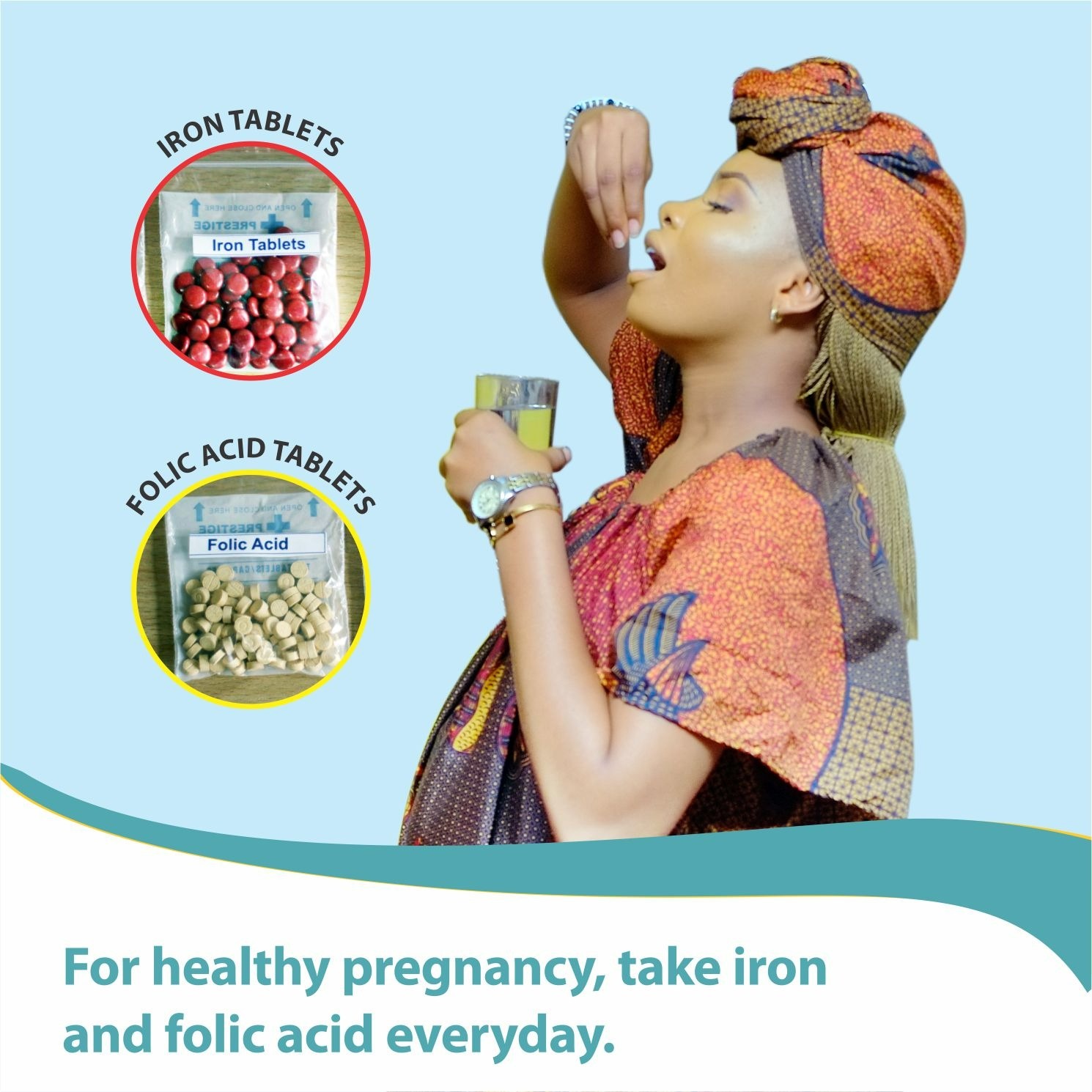Who We Are

About ANRiN Project
The Accelerating Nutrition Results in Nigeria (ANRiN) Project 2.0 is a World Bank-financed initiative to improve nutrition outcomes for Nigeria's vulnerable populations. With a budget of US$80 million, the project runs from March 31, 2025, to December 31, 2026. Key federal entities implement it, including the Federal Ministry of Health and Social Welfare, the Federal Ministry of Agriculture and Food Security, the Federal Ministry of Budget and Economic Planning, and the National Primary Healthcare Development Agency.
ANRiN 2.0 focuses on increasing the utilization of high-quality, cost-effective nutrition services for pregnant and lactating women, adolescent girls, and children under five in 21 states across Nigeria. These states—Adamawa, Bauchi, Benue, Borno, Ebonyi, Gombe, Jigawa, Kaduna, Kano, Katsina, Kebbi, Kogi, Kwara, Nasarawa, Niger, Osun, Plateau, Sokoto, Taraba, Yobe, and Zamfara—were selected due to their high levels of malnutrition and food insecurity. The project is strategically aligned with Nigeria’s National Development Plan 2021-2025 and the World Bank’s Country Partnership Framework for Nigeria. By addressing malnutrition, which affects nearly one in three children in Nigeria, ANRiN 2.0 contributes to building a healthier, more productive society.
With nearly 32 million people facing crisis levels of food insecurity, the ANRiN Project responds to an urgent need. It tackles the multifaceted drivers of malnutrition, including economic challenges, conflict, and climate change, ensuring interventions reach the most vulnerable populations.
Who We Are
ANRiN 2.0 is a collaborative, multi-sectoral effort designed to address the complex issue of malnutrition in Nigeria. Building on the successes and lessons of the first ANRiN Project, this initiative unites the Federal Ministries of Health and Social Welfare, Agriculture and Food Security, and Budget and Economic Planning, alongside the National Primary Healthcare Development Agency, to implement a comprehensive strategy for nutrition improvement. The project operates in 21 states, targeting areas with high malnutrition and food insecurity, and works closely with state-level agencies and community organisations to deliver impactful interventions.
The project is managed by a National Project Management Unit (NPMU) based in Abuja, which oversees implementation across the participating states. Each state has its own State Project Management Unit (SPMU) that coordinates activities at the local level, ensuring interventions are tailored to the specific needs of communities.
ANRiN 2.0 incorporates key lessons from its predecessor, such as the importance of community-based delivery models and strong multisectoral coordination. These insights shape our approach to ensure greater impact and sustainability in addressing Nigeria’s nutrition challenges.

